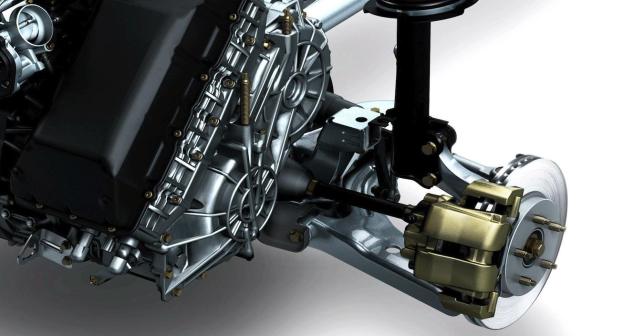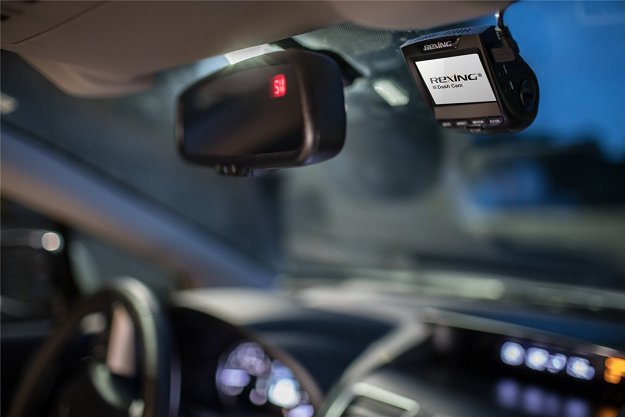
Ford claims that its hybrid and electric vehicles have saved, over the last 15 years, its customers some 100-million gallons in gasoline.
As you may well know, Ford is no stranger to electric and hybrid vehicles. The American automaker rolled out a limited run of Ranger and Ecostar EVs in the late 1990s. Interestingly, these vehicles featured a rudimentary version of regenerative braking, which has since become commonplace in the electric, hybrid, and plug-in hybrid markets.
For those unfamiliar with regenerative braking, it’s a system that uses the onboard vehicle motor/generator to run backwards, thereby slowing the vehicle while also creating energy. In a standard friction brake-fitted vehicle, the kinetic energy would be converted to heat as the vehicle slowed.
Over the last 15 years, Ford has worked to improve the system both in efficiency but also in application. Modern Ford regenerative braking systems effectively capture 95 percent of kinetic energy, capable of handling up to 0.2g of braking force before the friction brakes kick in, according to Wards Auto.
This has lead Ford to estimate that over 100-million gallons of gas have been saved by their customers since the brand introduced regenerative braking. According to Ford, these savings represent about 100,000 trips around the globe.
Although its first foray into regen braking was limited, Ford rolled out its first wide scale regen-fitted car, the Escape Hybrid in 2004. Based upon what it has learned over the years from studying not only its own vehicles but those of its competitors, Ford claims its regen systems capture 45 to 65 percent more energy than other similarly equipped vehicles from other automakers.
As the technology gets better, we suspect that non-hybrid vehicles will see the implementation of regen braking, too. Volvo recently announced it would be including a Formula 1-style Kinetic Energy Recovery System (KERS) into some of its cars.
Editors' Recommendations
- Ford recalls over half a million vehicles over safety issues
- Watch Ford testing its next-gen driver-assist tech on a mega road trip
- Maryland gas station becomes first in U.S. to ditch oil for 100% EV charging


